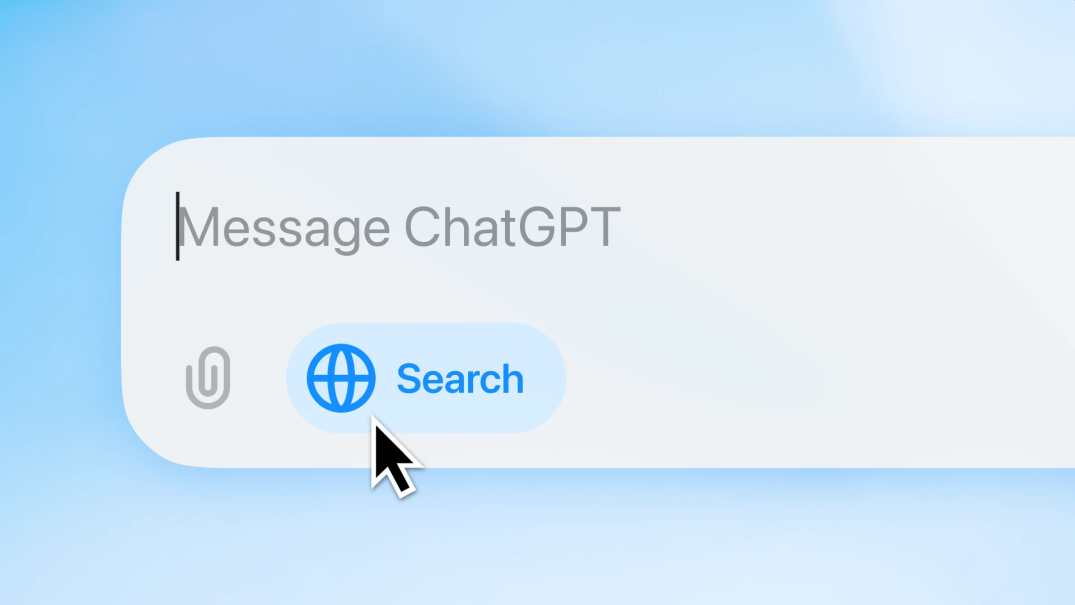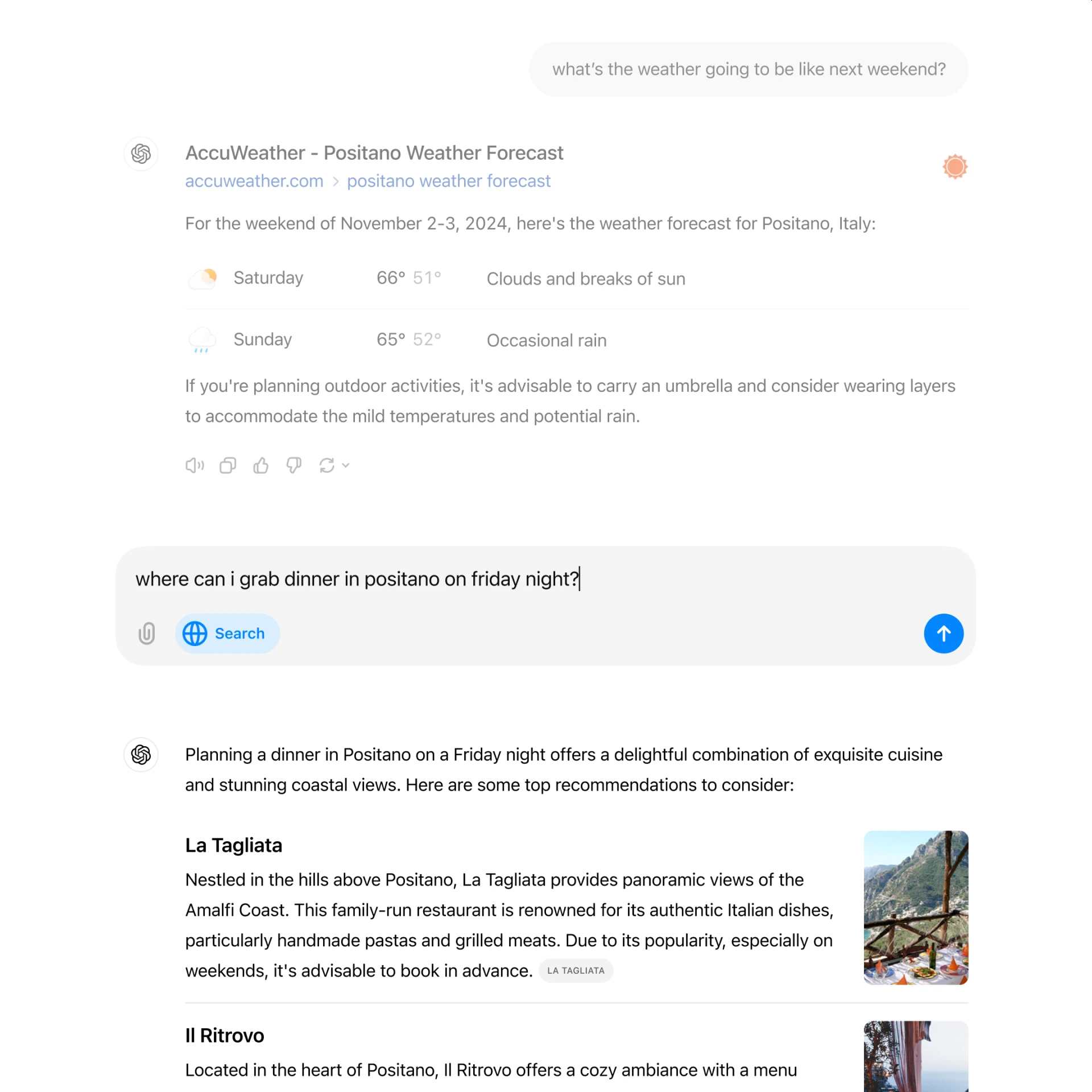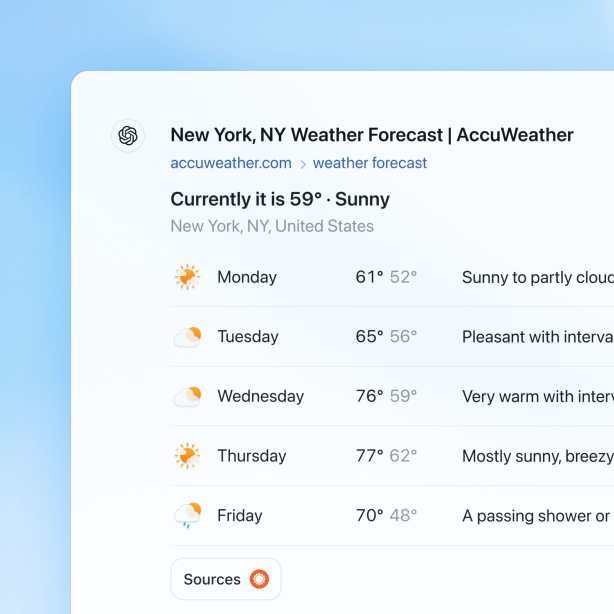ChatGPT Search: OpenAI launches real-time ChatGPT web search to challenge Google’s dominance

Back in May, OpenAI stirred interest when it first announced its plan to launch an AI-powered search tool to take on Google’s long-standing dominance in search.
Fast forward just five months later, the company has unveiled ChatGPT web search, a real-time search upgrade integrated directly into the chatbot, giving users fast, current answers with links to relevant sources. This feature transforms ChatGPT into a go-to for timely information, positioning it as a strong competitor to traditional search engines.
OpenAI’s latest addition places it squarely in competition with search giants like Google and Microsoft-backed Bing, as well as new AI-powered search tools such as Perplexity, an AI chatbot backed by Amazon’s Jeff Bezos and Nvidia. Rather than introducing a separate search product, OpenAI chose to embed this functionality directly into ChatGPT, creating a powerful combination of conversational AI and real-time information access.
“ChatGPT search leverages third-party search providers, as well as content provided directly by our partners, to provide the information users are looking for,” OpenAI said in a blog post.

What ChatGPT Web Search Brings to Users
With the ability to deliver up-to-the-minute details on trending topics such as news, sports, stocks, and weather, ChatGPT web search is built on a customized version of GPT-4, optimized for information retrieval. Responses are accompanied by direct links to sources, ensuring speed, accuracy, and transparency. Users can manually activate searches via a globe icon, or ChatGPT can automatically “dig the web” based on specific user prompts.

In terms of partnerships, OpenAI has signed licensing agreements with major publishers, including AP, Reuters, Axel Springer, Condé Nast, Time, Financial Times, Le Monde, and Prisa Media. This collaboration ensures that ChatGPT has access to reliable, verified content and that publishers retain control over how their content appears. Additionally, OpenAI clarified that any website or publisher can choose to participate in ChatGPT search, ensuring a broad and diverse content pool.
Starting today, the web search feature is available to ChatGPT Plus and Team users, with plans to extend access to Enterprise and Education customers in the coming weeks and free users in the coming months.

OpenAI’s New Role in the Search Landscape
OpenAI’s entry into search marks a significant shift in the industry. With real-time responses and conversational ease, ChatGPT is positioned as a responsive, AI-powered alternative to traditional search engines. This step follows months of speculation and an experimental launch of SearchGPT in July, which tested real-time information retrieval.
The timing is notable, as OpenAI recently raised $6.6 billion in funding, potentially valuing the company at $157 billion. This funding not only boosts its financial standing but also underscores OpenAI’s aim to lead in both AI and real-time search. CEO Sam Altman’s approach to integrating search into ChatGPT reflects OpenAI’s vision for a new way to access information—one that merges AI’s conversational strengths with the rigor of traditional search, setting a new standard in the process.
By turning ChatGPT into an information hub that brings real-time data directly to users, OpenAI could reshape how people engage with information online, challenging the traditional search experience with an interface designed for the modern user.




